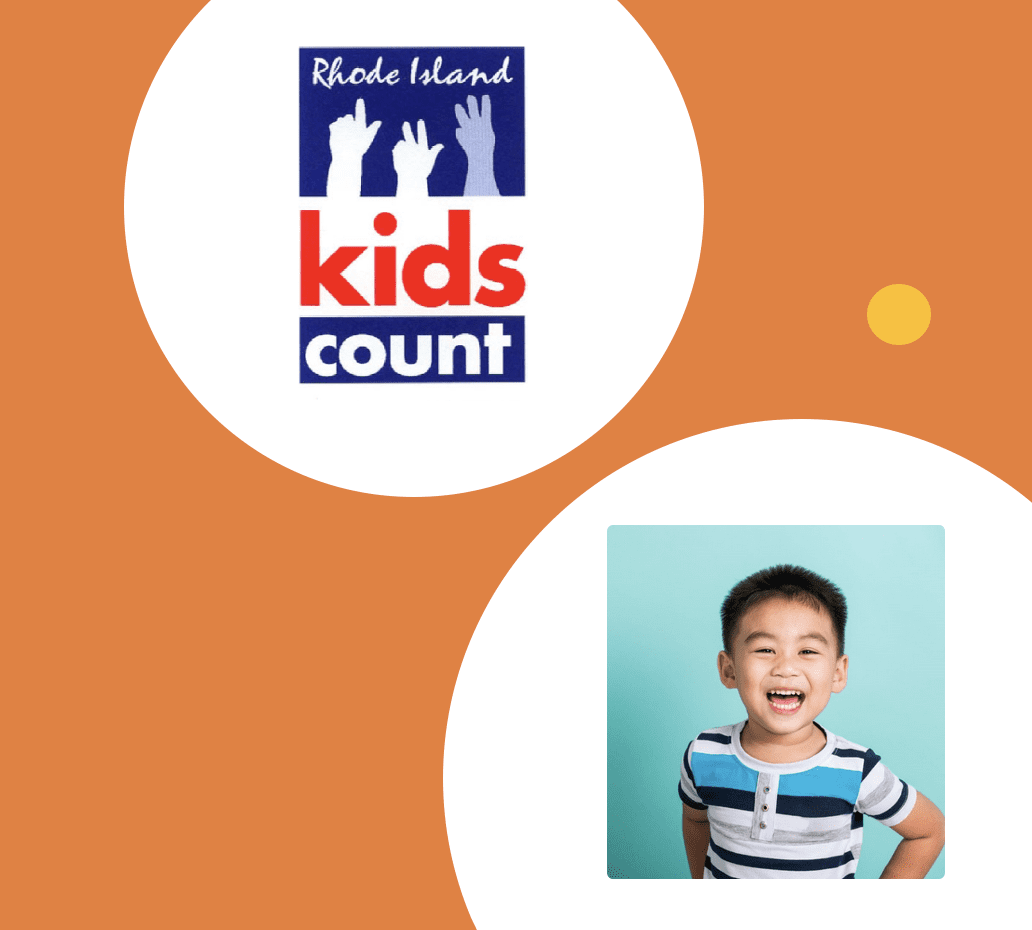Search Posts
Recent Posts
- Dr. Rosemary Costigan Named President of Community College of Rhode Island June 19, 2025
- RI Veterans: Did you know? 19.06.25 (Military Funerals, Job Fair, Benefits, Events) – John A. Cianci June 19, 2025
- East Providence First in U.S. to Equip All Firefighters with PFAS-free Gear June 19, 2025
- We Cook! Mill’s Tavern Saffron Bouillabaisse with Tarhana Lobster Jus June 19, 2025
- Rhode Island Weather for June 19, 2025 – Jack Donnelly June 19, 2025
Categories
Subscribe!
Thanks for subscribing! Please check your email for further instructions.

Rhode Island KIDS COUNT releases 27th Annual Factbook
Rhode Island KIDS COUNT will release its twenty-seventh annual report on the well-being of Rhode Island’s children and families on Monday, May 10, 2021 from 9:00 – 10:30 a.m. via Zoom. The 2021 Rhode Island Kids Count Factbook charts improvements and declines in the well-being of Rhode Island’s 203,575 children. Data are presented for the state and for each of Rhode Island’s 39 cities and towns. The Factbook indicators are grouped into five interrelated categories: family and community, economic well-being, health, safety, and education. There are a total of 70 indicators of child well-being in the 2021 Factbook.
“Healthy, well-educated children and strong families are the foundation of Rhode Island’s well-being,” said Elizabeth Burke Bryant, Executive Director of Rhode Island KIDS COUNT.” “Too many Rhode Island families were struggling to survive economically before the pandemic. Now that we are turning the curve on the pandemic, we need to ensure that long-term supports are in place that will yield the best outcomes for Rhode Island’s children and families, particularly the most vulnerable who were hardest hit by the pandemic and the resulting economic impact. “
“The Factbook allows us to take stock of how Rhode Island effectively supports our children’s development and where we need to focus increased attention and efforts. Unacceptable gaps continue to exist between children of color and white children in nearly every Factbook indicator.”
The COVID-19 pandemic shined a spotlight on stark economic, education, and other disparities and challenges to children’s success. We call on lawmakers to prioritize equitable solutions to ensure that children and families can move forward with the health, educational, and economic supports they need to thrive,” she said.
Bryant concluded, “The data and policy analysis from the Rhode Island KIDS COUNT Factbook provides the base of information we need to advocate for policies and investments that will improve child outcomes. To support families through the pandemic and beyond, we need to make important, cost effective investments in child care, RI Works, affordable housing, children’s behavioral health, mental health professionals in schools, support for Multilingual learners, out-of-school-time programs, health insurance coverage for all children, including undocumented children, doula services as a strategy to improve Black maternal outcomes, and supports and services for youth in the Voluntary Extension of Care program who are aging out of DCYF care.”
A Virtual Gathering for The Factbook Release
Over 300 people are registered to attend the Factbook release event on ZOOM, including Governor Dan McKee, Senator Jack Reed, Senator Sheldon Whitehouse, Congressman James Langevin, Congressman David Cicilline, Speaker K. Joseph Shekarchi, Senate President Dominick J. Ruggerio, General Assembly members, policymakers, and community leaders from education, health, and human services.
Geoffrey Canada, President of Harlem Children’s Zone, will give keynote remarks. Rhode Island Deputy Youth Poetry Ambassador Eugenie Rose Belony – a Rhode Island high school student at Providence Career & Technical Academy – will recite her poem I Am Black.
Every year at the release event, Rhode Island KIDS COUNT presents the Factbook to a community leader who is working to make things better for children and families. This year, Rhode Island KIDS COUNT will recognize and present a Factbook to Marcela Betancur, Executive Director of the Latino Policy Institute, and thank her for her leadership.
___
The Impact of the COVID-19 Pandemic on Rhode Island Children
Rhode Island KIDS COUNT has been focused on the impact of the COVID-19 pandemic and the toll it has taken on Rhode Island children and families, particularly our most vulnerable children and families. Low-income families and Families of Color in marginalized communities have been hit hardest both by the disease itself and the resulting economic impact, which have exacerbated longstanding racial and ethnic disparities.
COVID-19 has taken a serious toll on child and family well-being in very concrete, tangible ways. Many families have weathered unemployment and associated financial stress, food and housing insecurity; and the continuing need for stable, affordable child care as parents balance work and caring for children. Over the past year, for many children and youth, access to in-person learning was replaced by distance learning/hybrid learning – a new venture for educators, students, and families. Children’s mental health and the needs of children and youth in the child welfare system are other key areas of focus.
Persistent, Unacceptable Racial and Ethnic Disparities in Child Outcomes
Throughout the Factbook, data on racial and ethnic disparities are presented in as many indicators as possible and summarized in the Racial and Ethnic Disparities indicator. Collecting and reporting on data disaggregated by race and ethnicity is an important first step to identifying ways to eliminate them. Data on disparities and information about the historical and systemic racism that has resulted in these disparities can be used to identify policies to dismantle racism and reduce and eliminate disparities.
Some of the Factbook indicators are particularly relevant to moving forward to strengthen families emerging from the COVID-19 pandemic and addressing longstanding racial and ethnic inequities:
• _Family and Community
• _Economic Well-Being
• _Health
• _Safety
• _Education
Rhode Island KIDS COUNT is a statewide children’s policy organization that works to improve the health, economic well-being, safety, education, and development of Rhode Island children, with a core focus on equity.
The Executive Summary:
The entire Factbook – a very large document to read or download – is available here:
